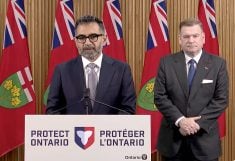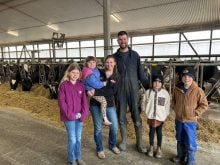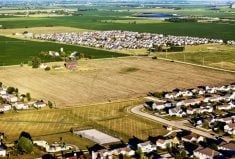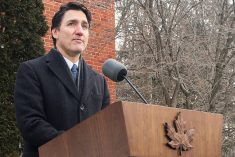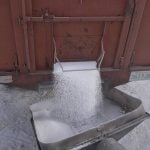By June 7, the Progressive Conservatives could be the new government of Ontario, and there would be much glee in rural Ontario, where the long-governing Liberals have managed to decrease their already-low popularity during their last mandate.
However, as rural Ontarians painfully know, it’s urban voters who determine governments in this province and they have shown signs that they are flexing their muscle again, with a dramatic rise in the polls for the New Democrats.
A Conservative government would have a significant number of rural MPPs, which could only be an upgrade in the voice of rural Ontario at Queen’s Park. There’s no sign that rural voters are going anywhere else.
Read Also
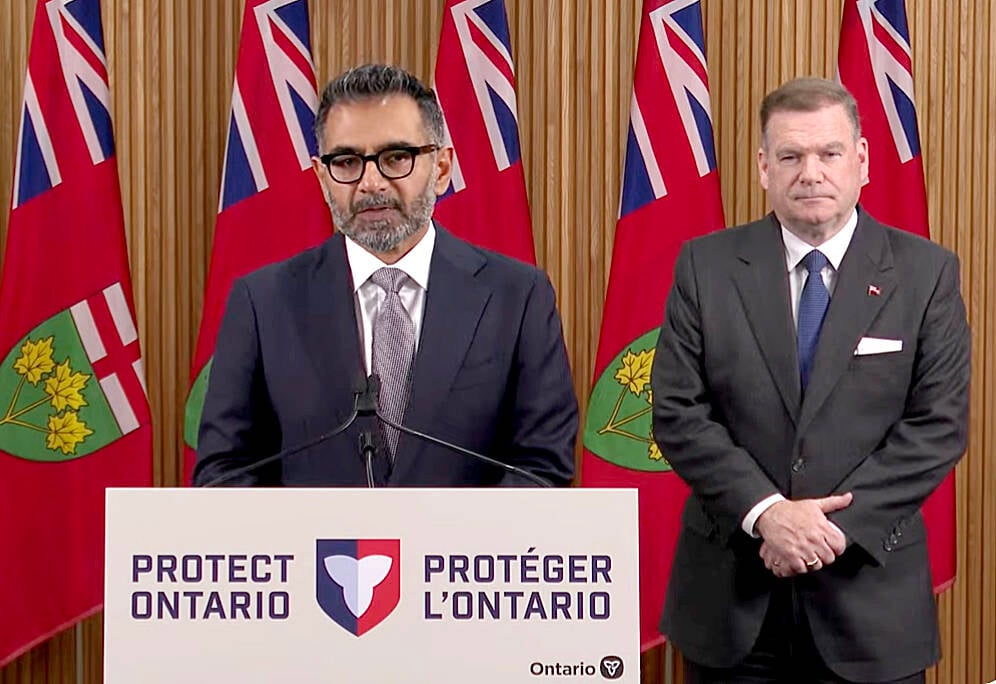
Conservation Authorities to be amalgamated
Ontario’s plan to amalgamate Conservation Authorities into large regional jurisdictions raises concerns that political influences will replace science-based decision-making, impacting flood management and community support.
Despite the stronghold the PCs have in rural Ontario, there’s quite a bit of uncertainty in the cities. The Liberals, after more than a decade in power, appear tired and a pile of scandals has taken the shine off their chances of re-election.
Many urban residents will wander from the Liberal Party where they have been comfortable placing their votes for more than a decade. What will that mean?
A majority of Ontario voters like to be comfortably in the centre and usually will go to whichever of the Liberals or PCs make them feel most welcome. The Liberals have drifted far to the left with large spending and more promises that will mean deficits for years.
On the political chess board that opened up a potential big move that former PC leader Patrick Brown saw. Brown, a rather good political strategist, despite the other transgressions that brought his leadership time to an end, knew that to assure the PC victory, he needed to box the Liberals and NDP in the left wing and gobble up the centre attracting fiscally responsible and centrist former Liberals.
It turns out that Brown had baggage that could have dragged down the PCs in the election and so off he was tossed in a murky late night public opening of the baggage for all to see.
What did the Conservatives do? Brought in a leader with almost as much baggage, who continues to be highly polarizing to Torontonians. And it may give some urbanites enough reason not to vote PC. Rural Ontarians have embraced Ford as an acceptable option, but Toronto residents I talk to are not yet sure, and they appear to be leaning to parking their vote with the NDP.
The Conservatives may pay the price for still misreading urban Ontario, and blowing a well-thought-out strategy when they elected a polarizing leader instead of a leader where urbanites could have found some comfort.
As an election candidate told me recently, two weeks is a long time in an election, and polling has been less than accurate recently, so we could yet see swings in voter patterns.
Agriculture policy
In conversations I’ve had with the major political parties, they have all put some thought into their agriculture policy.
They were all able to find me people to answer my questions about the technical details of policy for farms. See story page 10. But there are also signs that no matter the party, stemming the growing rural-urban divide will be a challenge.
There’s no doubt that the parties continue to be seriously urban-centric. Can you blame them? That’s where the votes are.
Rural residents should keep making the arguments that resonate — including how to solve problems for the cities, with solutions from the countryside, and also promoting loudly the economic activity that happens in rural Ontario.
I was a bit skeptical about Ontario Federation of Agriculture’s Producing Prosperity plan — which essentially bundles economic development policies together that will be good for Ontario’s rural economy, farmers, and can help solve problems from cities. Without a farming crisis at hand, there’s been a refreshing opportunity to provide solutions to some of Ontario’s economic issues — through a rural lens.



